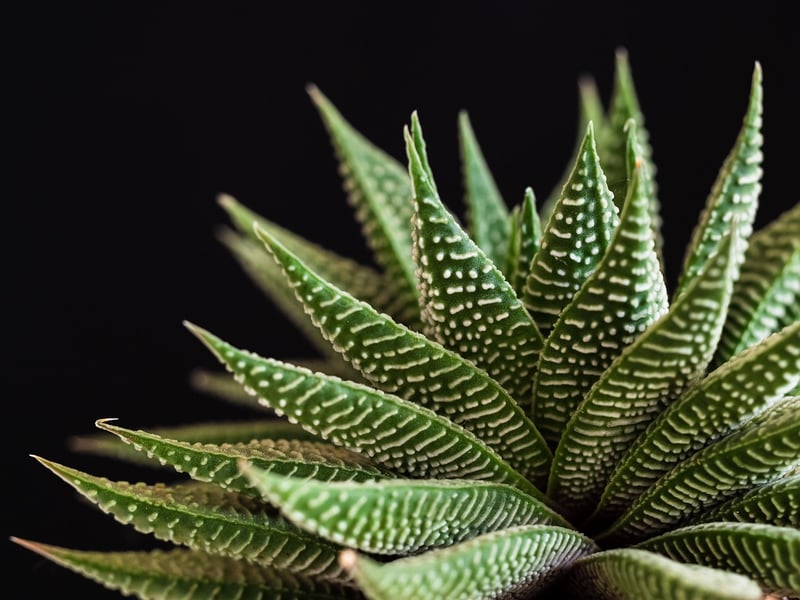Pest Control Methods
Plant Care and Pest Control Guide
Plant Care Tips
Proper plant care is essential for the health and growth of your indoor and outdoor plants. Follow these tips to help your plants thrive:
- Water plants regularly, ensuring the soil is moist but not waterlogged.
- Provide adequate sunlight based on the plant's requirements.
- Fertilize plants as needed to promote growth.
- Prune dead or yellowing leaves to encourage new growth.
- Repot plants when they outgrow their containers.
Pest Control Methods
Dealing with pests can be a common challenge for plant owners. Here are some effective pest control methods to protect your plants:
1. Neem Oil Spray
Neem oil is a natural insecticide that can help repel and kill common plant pests such as aphids, mealybugs, and spider mites. Mix neem oil with water and a few drops of dish soap, then spray it on affected plants.
2. Diatomaceous Earth
Diatomaceous earth is a powdery substance that can be sprinkled on plant soil to control pests like slugs, beetles, and earwigs. It works by dehydrating insects upon contact.
3. Beneficial Insects
Introduce beneficial insects like ladybugs, lacewings, or predatory mites to your garden. These insects feed on common plant pests, helping to naturally control infestations.
4. Homemade Pest Repellents
Create homemade pest repellents using ingredients like garlic, chili peppers, or essential oils. These natural repellents can deter pests without harming your plants.
5. Regular Inspections
Inspect your plants regularly for signs of pest infestations. Early detection allows you to take prompt action to prevent pests from causing extensive damage.
Conclusion
By following proper plant care practices and implementing effective pest control methods, you can ensure that your plants remain healthy and pest-free. Remember to monitor your plants regularly and address any issues promptly to maintain a thriving garden.


